Is red wine an anti-aging ally?
It has been known for hundreds of years that wines have the property to minimize aging, thereby improving the immune system, however, it is only in recent decades that scientific tests have been carried out to demonstrate the capacities of these components.
Without a doubt, the component most named as an active anti-aging agent is resveratrol. Evidence that resveratrol, a component present on red wines, increases the activity of the SIRT1 protein that protects the body against diseases, by renewing aging mitochondria in animals, according to some studies published in recent years by several scientific journals and websites.
So, what else do we know about resveratrol?
Resveratrol is a polyphenolic flavonoid found in nature, primarily in the skins of grapes, peanuts, and berries. It comes from a group of natural defense molecules called phytoalexins that are produced in response to stress, for example infections by pathogens and UV radiation, which are highly damaging to the human organism.
Its presence was first noted in red wine, and since then it is believed to be responsible for the "French Paradox", which is the phenomenon described in 1992 that has been observed in certain populations in which despite their rich diets in saturated fats there are low rates of cardiovascular diseases and some other ailments caused by aging due to frequent consumption of wine.
Resveratrol and its anti-aging properties
Antiaging substances and elements are increasingly far from being a fantasy. Numerous genes involved in aging and longevity have been identified, revealing potential therapeutic targets. To increase life span, these conditions should delay the onset of age-related diseases such as atherosclerosis, cancer, insulin resistance, Alzheimer's disease, Parkinson's disease, age-related macular degeneration and benign prostatic hyperplasia.
How does red wine act in this beneficial relationship?
Specifically, in wine, it is thanks to the skin of the grapes, which have a high content of resveratrol, also an antioxidant, only obtained from the vine plant, which is responsible for protecting the grape from infectious agents. In humans it activates proteins called sirtuins, a promising component for anti-aging treatments.
What are the types of wines with the highest density of this element?
Among the wines with the highest concentration of the resveratrol element are those from Syrah, Pinot Noir, Malbec and Muscat varieties. Among the types of grapes with the highest content of resveratrol is Malbec, since they have a thicker skin that makes this component more abundant than in other types of grapes. Likewise, deep red and purple grapes also have higher concentrations of resveratrol.
These polyphenols are micronutrients with antioxidant activity, with great benefit to prevent other diseases, especially to reduce the progress of diabetes, cancer and neurodegenerative and cardiovascular diseases.
Influence of wine production processes on resveratrol content
Another variable that influences the concentration of resveratrol in the grape seems to come from the region in which it is planted, that is, from the land in which it is planted, obtaining higher concentrations of polyphenols. The concentration in wine varies, however, especially with the winemaking process used, based mainly on the type of grape used in the production of the wine.
Traditional winemaking techniques produce the highest concentration of resveratrol in red wine with respect to carbonic maceration. For the complete extraction of the different pigments and antioxidants from the grape skins and seeds, the wine needs to be in contact with them until the fermentation process is complete.
The thicker skin layer of the grape offers a higher concentration of polyphenols, which is of greater benefit to people who routinely drink red wine made using this method has the highest concentration of resveratrol.
Considerations on the consumption of wine and grape juice
Does grape juice have the same effects as red wine? Apparently, despite the high concentrations of resveratrol in the latter, its results in terms of actual health are comparable.
Recent scientific studies have discovered that each liter of red wine contains between 1 and 7 milligrams of resveratrol. In this way you will have a healthy benefit by improving your conditions as you age.
Specific benefits of resveratrol in red wines
1. Minimizes some signs of aging
Red wine restores the elastic fibers and collagen of the epidermis. It can lighten the hyper pigmentation of the skin and enhances the one that is flaccid. The resveratrol, flavonoids and tannin acid present in wine help fill in wrinkles and expression lines.
2. Protection from the sun's ultraviolet rays
Red wine, when combined with a good sun cream, can reduce the appearance of the signs of aging on the skin. Antioxidants contribute to the development of a superficial layer that protects the skin from UVA rays. Avoid the sun and environmental damage to your skin, such as sunburn, freckles, or even wrinkles. Red mixtures also activate the renewal of the epidermis and can reduce the probability of getting skin cancer.
3. Moderately regenerates the skin
Drinking red wine in moderation helps transport vital nutrients as well as oxygen throughout the body. Your skin needs oxygen to rejuvenate itself and to carry out the correct or reversible repairs of the signs that indicate skin aging.
4. Moisturizes the skin
Drinking red wine promotes hydration and also the growth of skin cells in its most superficial layer. When the skin is well hydrated, it appears suppler and smooth. If your skin is dry, you will clearly notice the difference.
5. Minimizes the decline of mental age
Finally, here we have an anti-aging benefit for the brain. Red wine contains resveratrol and drinking it regularly helps reduce the progression of Alzheimer's and other cognitive decline. It may also help you at the task of reducing weight.
One of the researches made years ago was the one from Georgetown University Medical Center, indicates that when Alzheimer's patients were given doses of resveratrol, some restored the integrity of the blood-brain barrier.
This decreased the ability of dangerous immune molecules released by immune cells to penetrate the body's brain tissues. A decrease in neuronal inflammation resulted in a slower rate of cognitive decline in the patients tested.


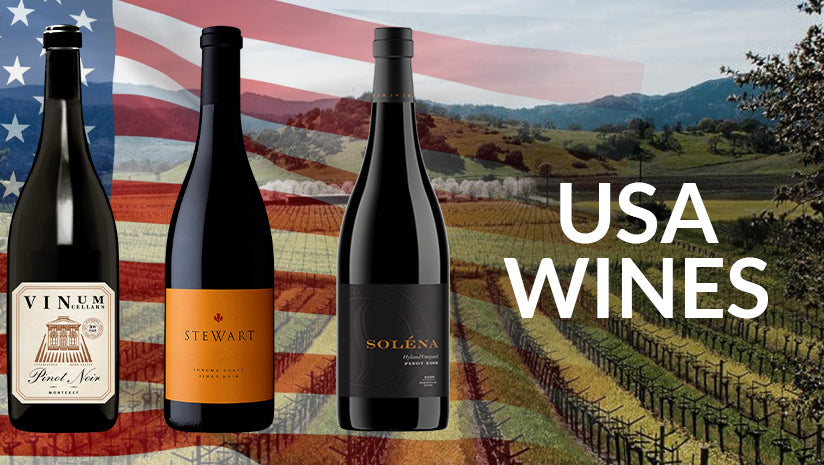
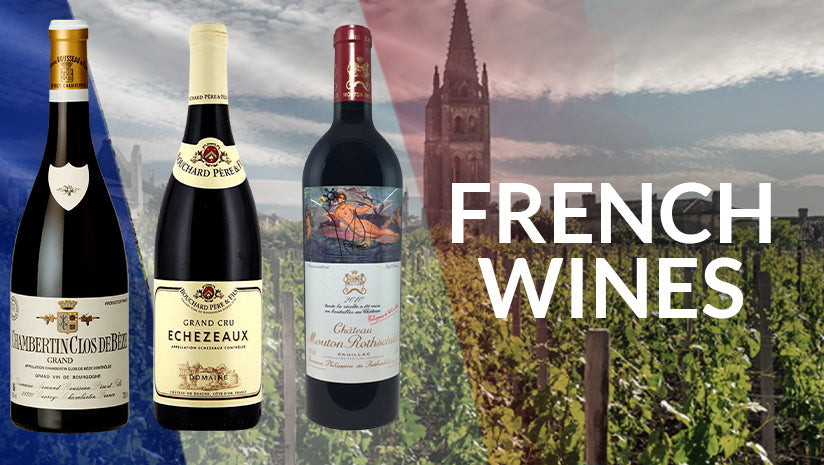
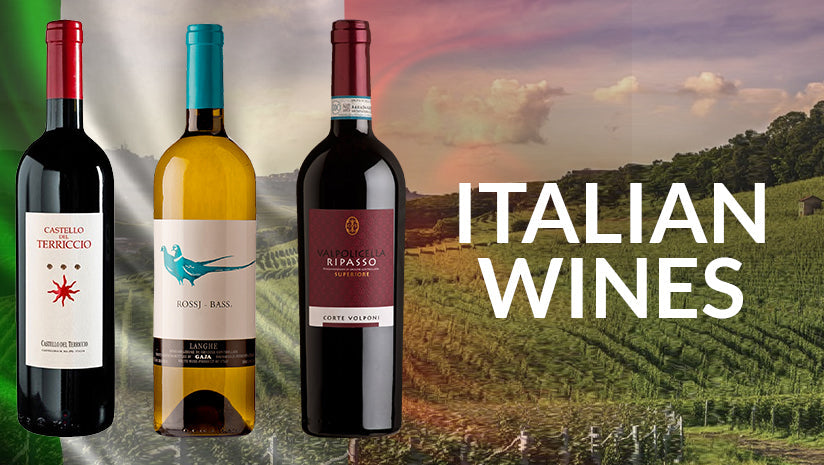

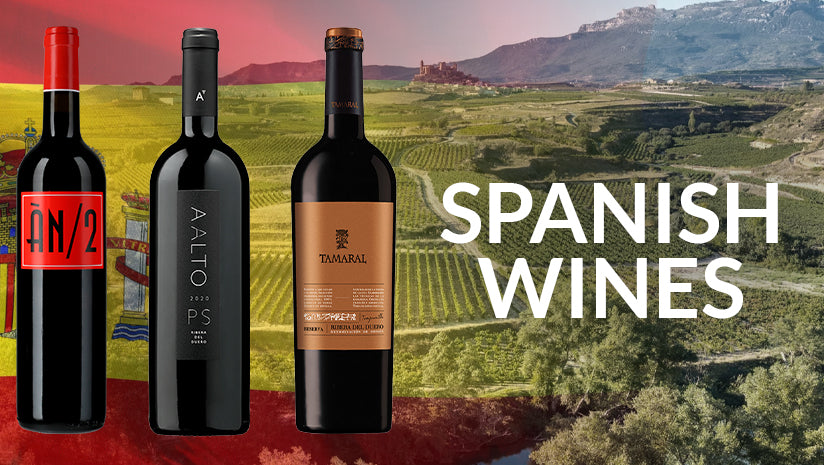
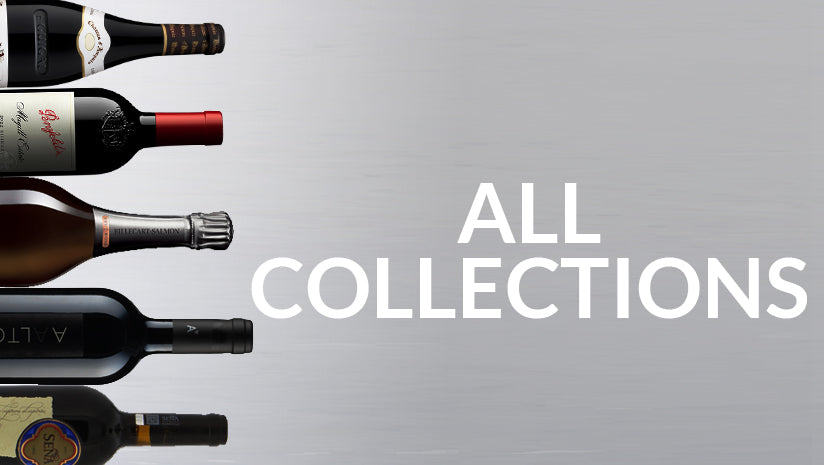
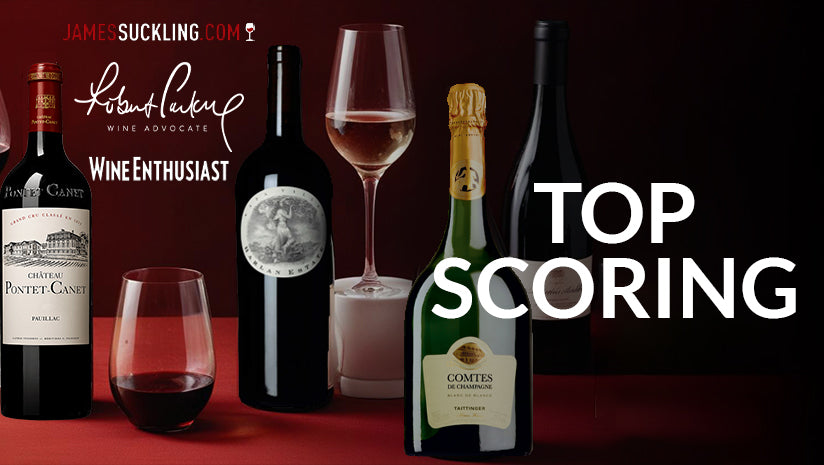

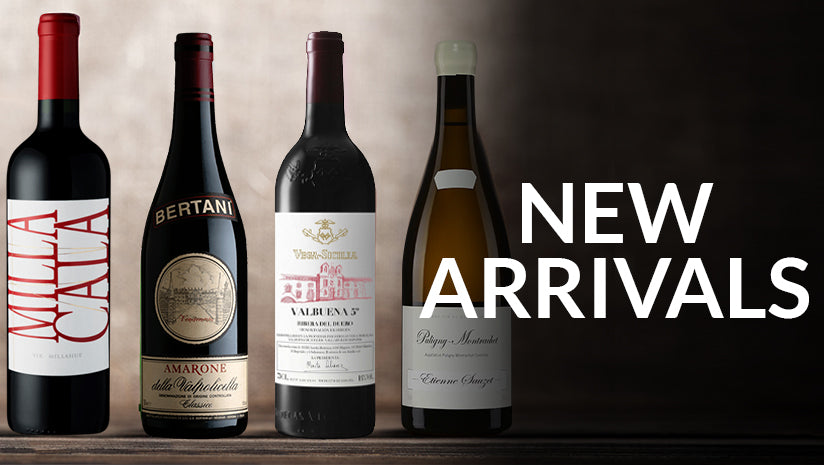
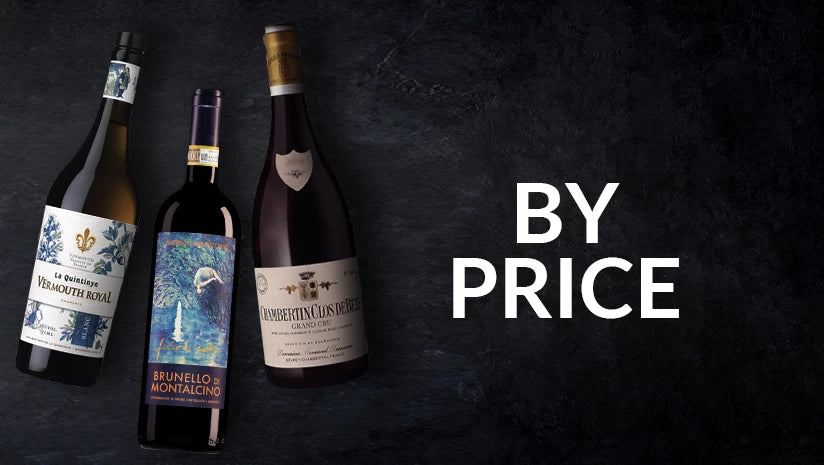
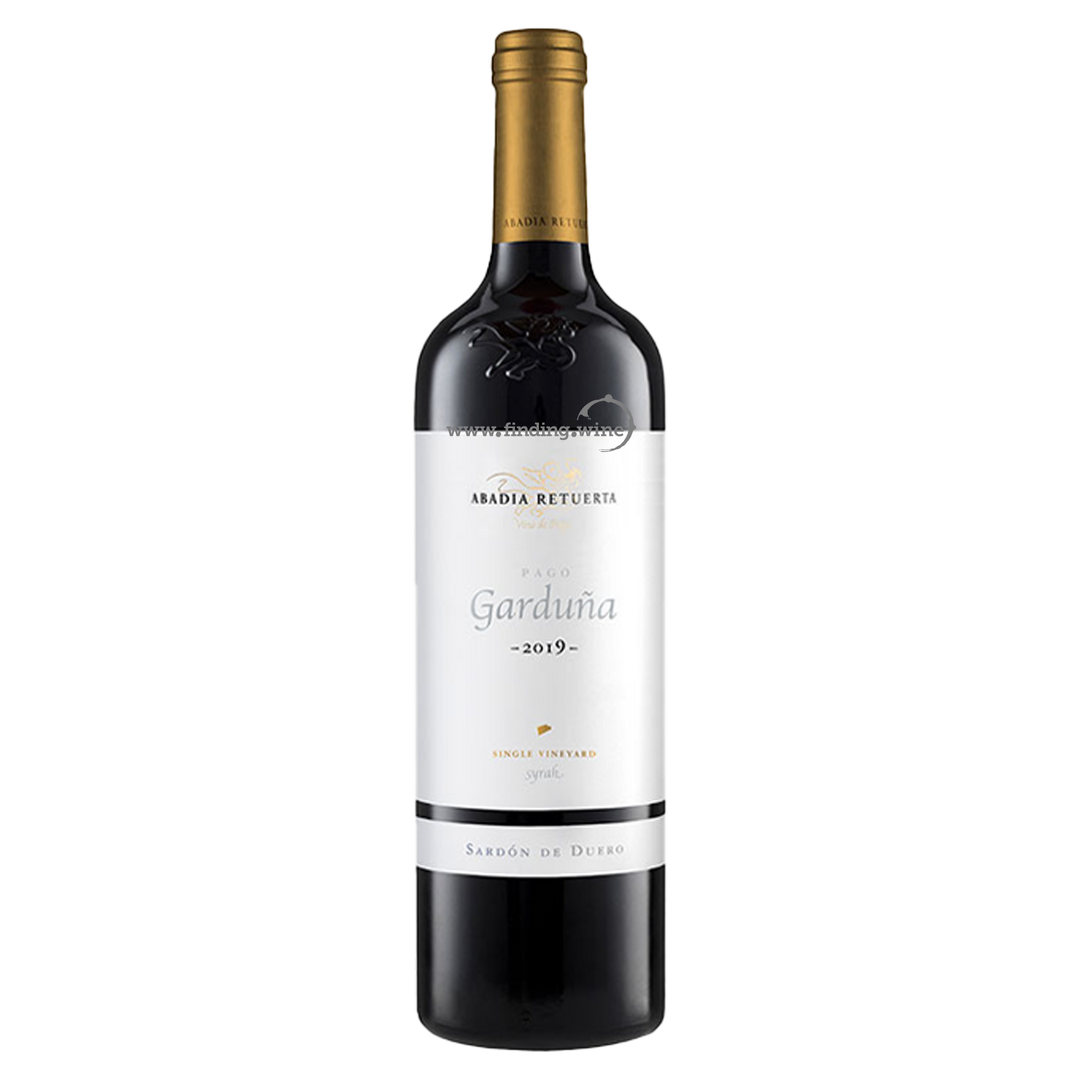
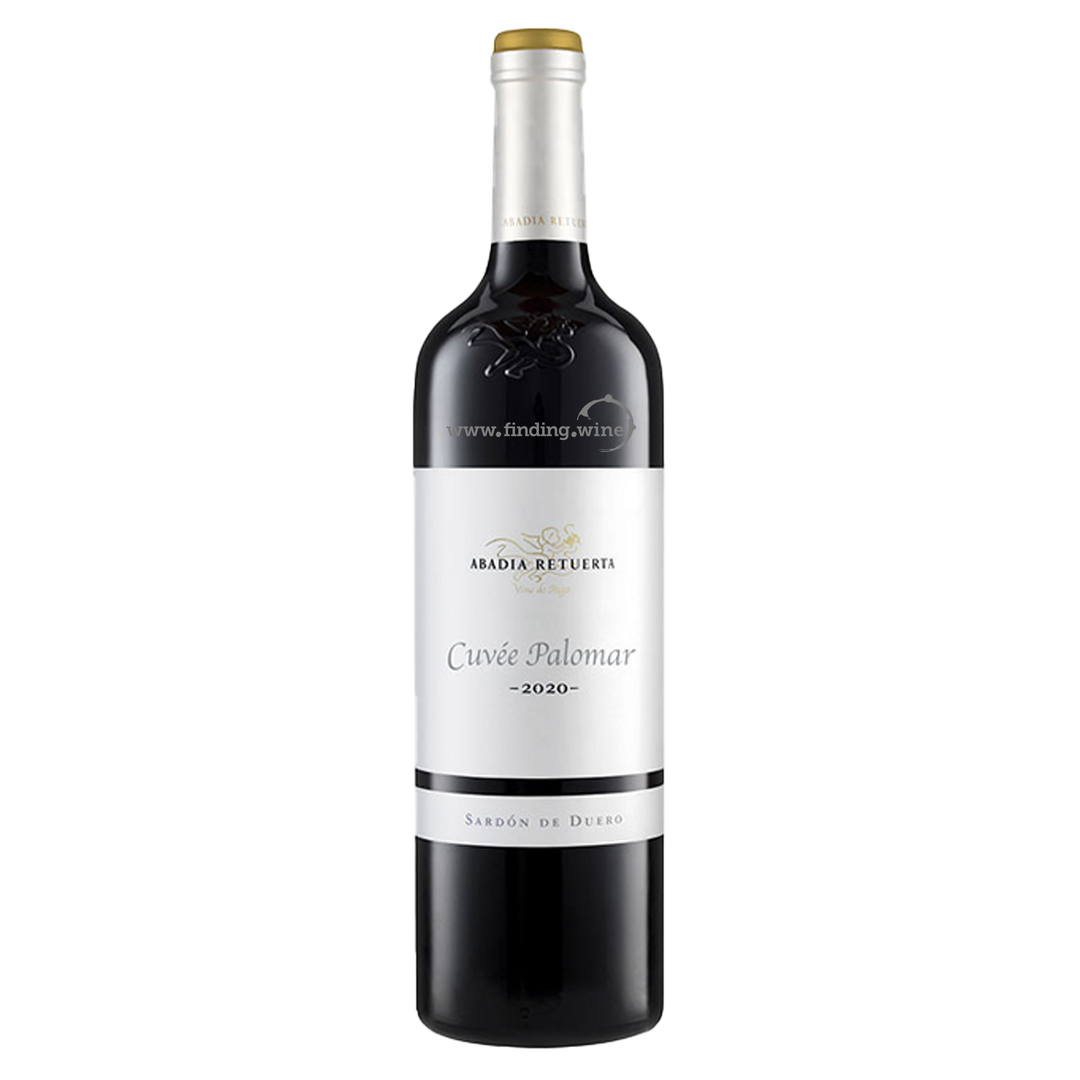

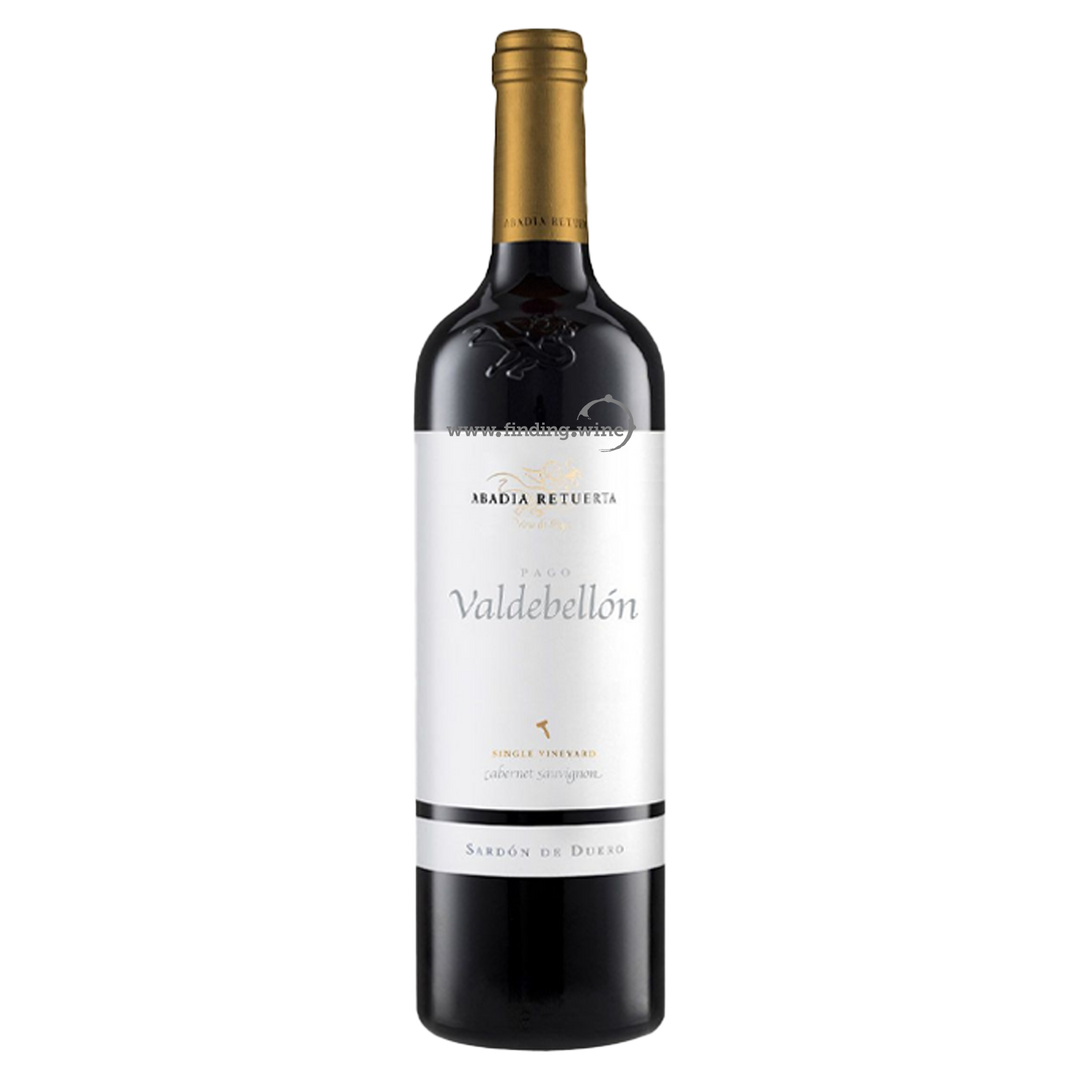


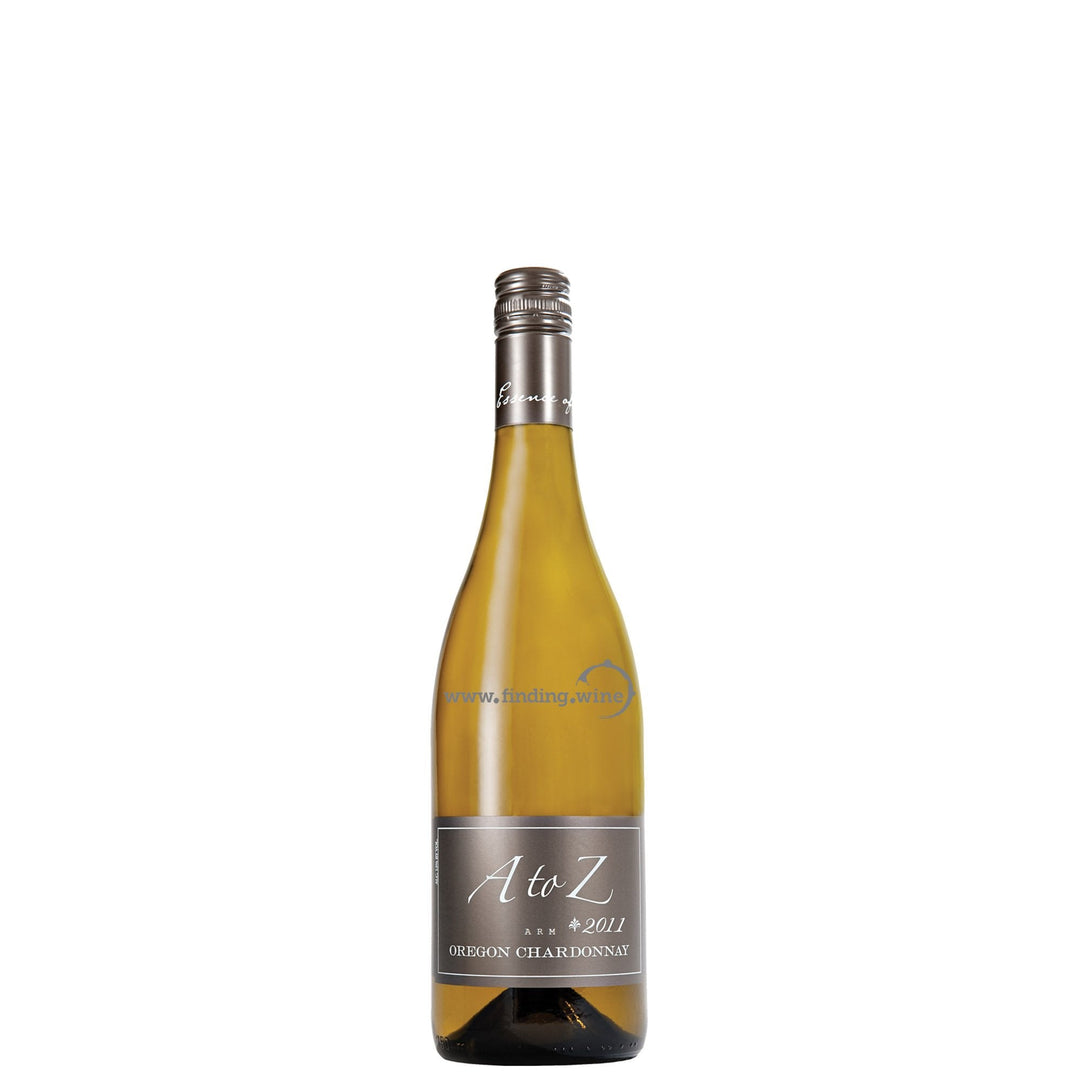
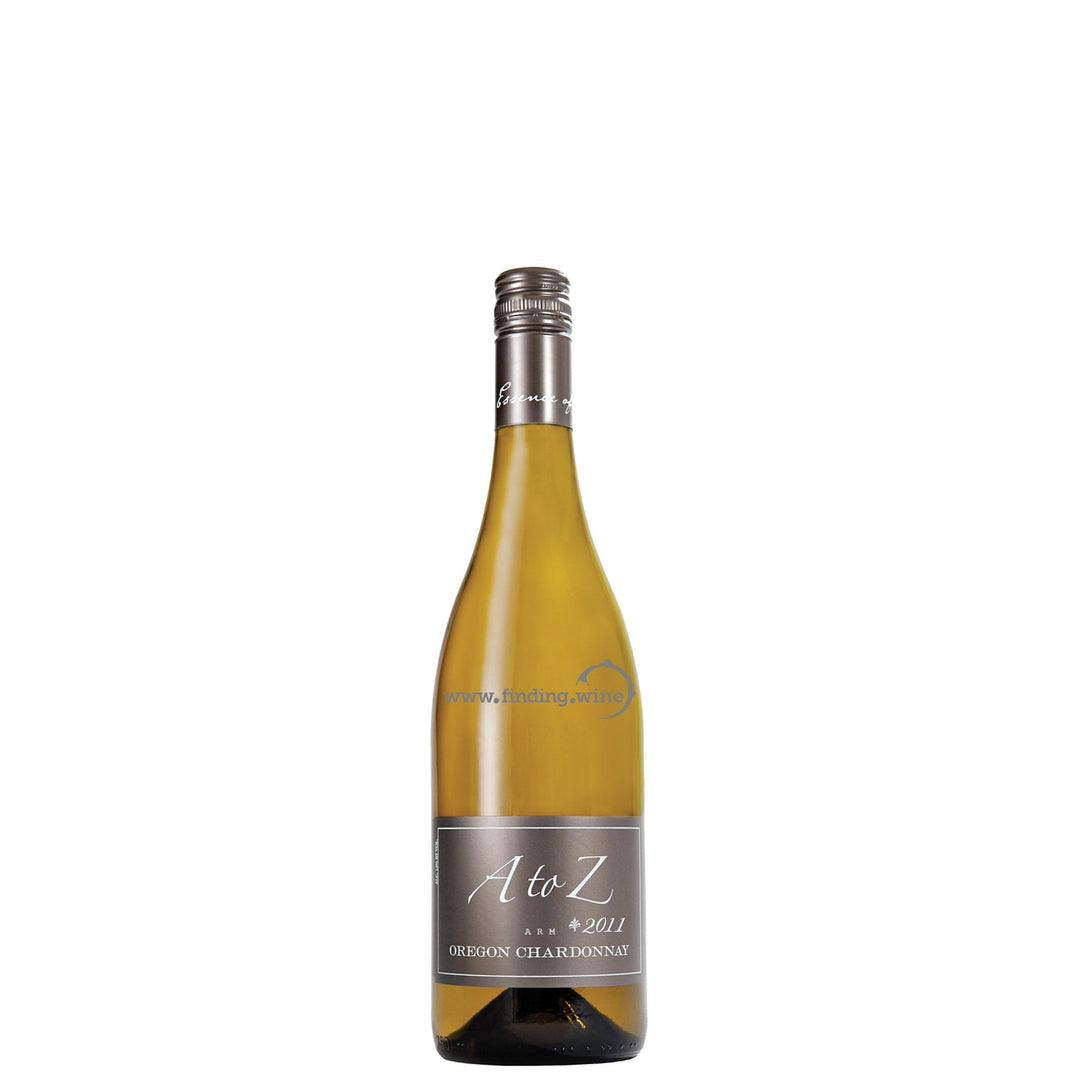






Leave a comment